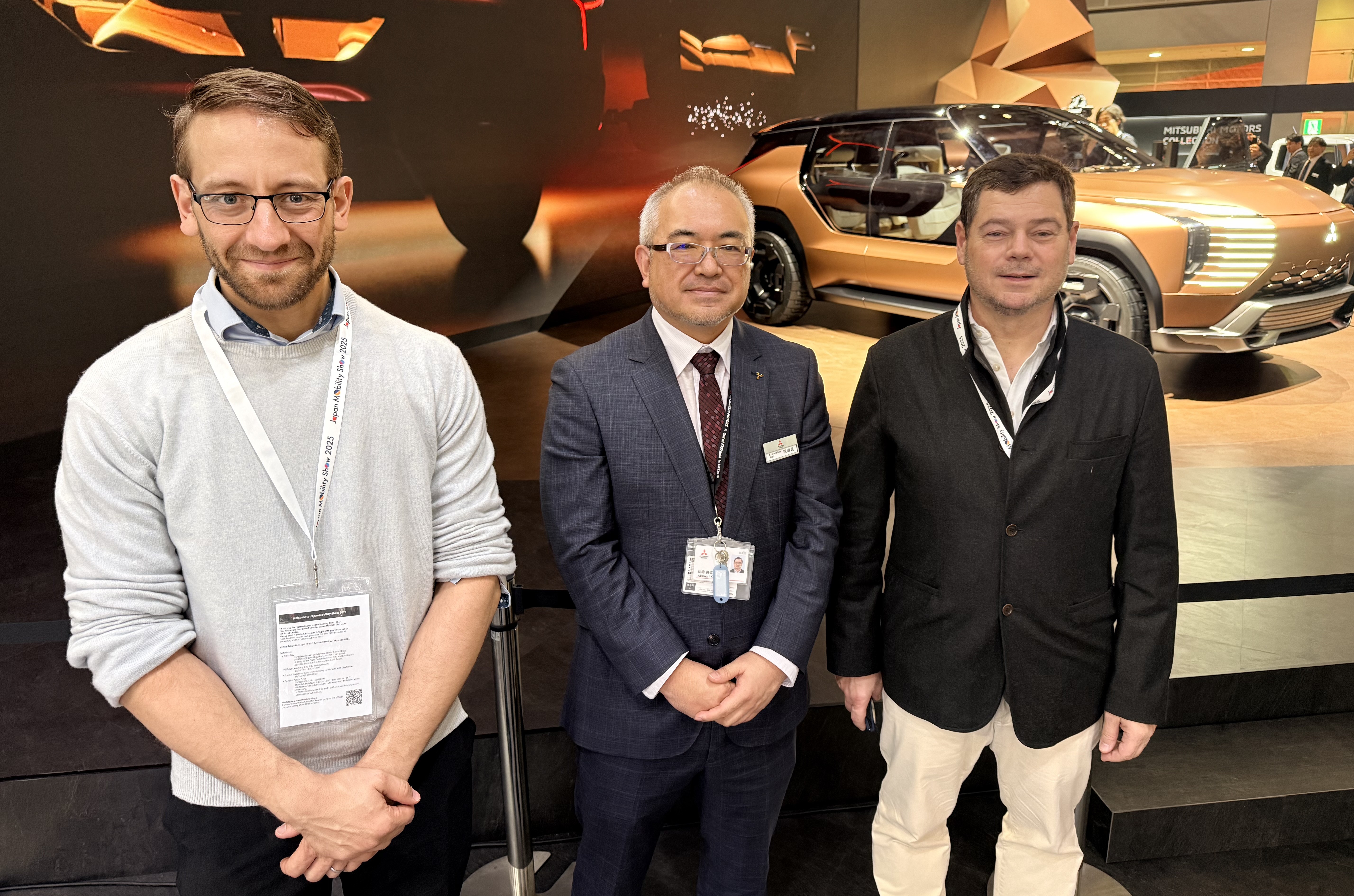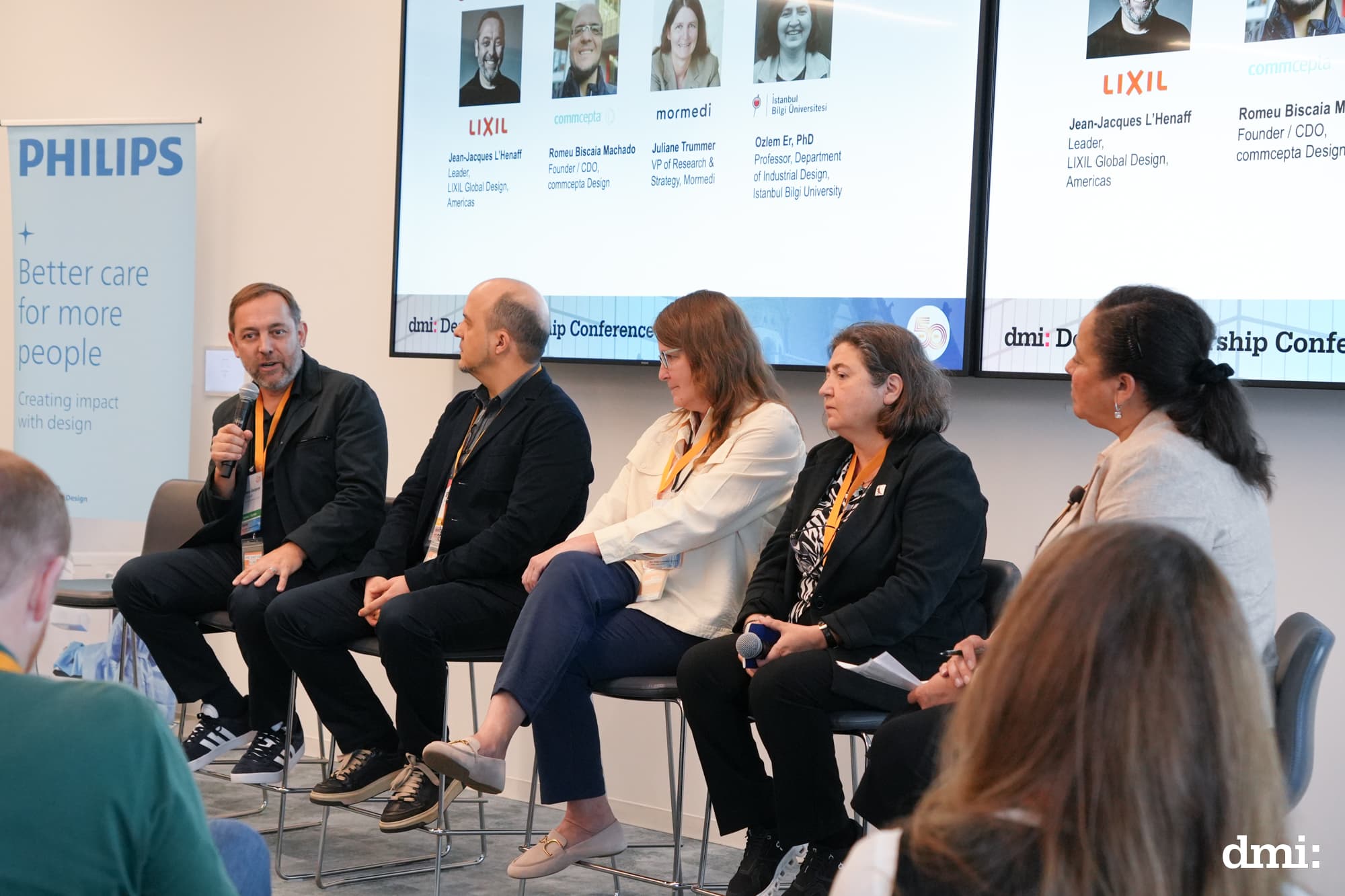The week began with the news that Microsoft and an Nvidia and Amazon.com Inc.-affiliated fund are investing in a humanoid robot unicorn valued at $2 billion. Call it co-ompetition or ecosystem building, but companies are continuing to find ways to work together to try to crack the more and more complex challenges we face today.
We can expect these types of ecosystems to continue increasing in number, particularly those involving big tech, due to their insatiable appetite for growth in new industries where data-driven innovation can lead to new profits… and due to their cash. Apple, Alphabet, Microsoft, Meta, and Amazon together hold 21.4% of all of the S&P500’s cash, over half a trillion dollars.
But big tech companies are not the only ones creating ecosystems. And the form that ecosystems or collaborations will take will vary from hands-off investments to deep data sharing and solution building.
Below are a few of the interesting ecosystems that were on display at the Mobile World Congress this week in Barcelona.
AI collaboration for better personalization
The first was the Global Telco AI Alliance, announced by the Deutsche Telekom CEO Timotheus Höttges. This will see Deutsche Telekom, e& Group, Singtel, SoftBank Corp., and SK Telecom establish a joint venture later this year specifically aimed at developing Large Language Models (LLMs). The five telcos serve more than 1.3 billion customers across 50 countries.
The rationale stated in the launch release was that by pooling their resources, these telcos could offer conversations that are “even more human-centric [because] AI personalizes conversations between customers and chatbots”. Personalization was the hot topic related to the use of AI across the MWC.
Even the big consultancies were getting into the ecosystem-building game, with Deloitte showing off collaborations in areas like manufacturing, as well as in AI with their project Lexi, which sees them teaming up with chip-maker Qualcomm and Meta. The purpose of the project was said to be “more intuitive, personalized interactions” (emphasis added).
It is obvious that personalization is king, not only because it will give users a better experience, but also because better personalization (read: use of data) will result in better targeting and increased revenues or conversions.
And cars might fly
The flying car revolution is yet to happen, with the sheer complexity of the stakeholders needing to be involved (not to mention regulation) being major barriers. KT gave a view on the ecosystem that they are involved with in order to make flying cars a reality. The ecosystem includes Hyundai manufacturing the aircraft, Korean Air operating them, KT managing the traffic and the air network, Hyundai Engineering & Construction building the vertiports, and Incheon Airport operating them.
Software is hard
The last example that I’d like to mention that was once again on display at MWC was Software Republique: a French ecosystem that is trying to solve the challenges around connected vehicles, mobility services, and energy. The founding partners are corporate heavy hitters: Dassault, Atos, Orange, Renault, ST (semiconductors), and Thales.
The interesting things about this ecosystem are that, firstly, it is going beyond the usual bounds of cross-corporate collaboration to also include activities like nurturing talent, incubating startups, and working with tech clusters and academia. Secondly, the framing of the challenges that they are working on is not only focused on technology and business, but also social goals related to safety and the environment.
Conclusion
As with all regulated industries, it will be interesting to see how these corporate-led schemes will interface with local and national governments to ensure that their activities are a success. The more that humanity is faced with bigger and more complex challenges, the greater the need for cooperation and ecosystem building. But don’t be mistaken, ecosystem building is hard and requires effective collaboration design. We have been experiencing this first hand, helping to create ecosystems that address the complex problems facing humanity across areas such as mobility and logistics.
If you would like to talk about how Mormedi can help your organization find opportunities to build collaborative solutions to solve complex problems, please write to me at maruan@mormedi.com.

Let’s grow together!
Have questions about your next growth move?
Mormedi has answers.
.svg)


